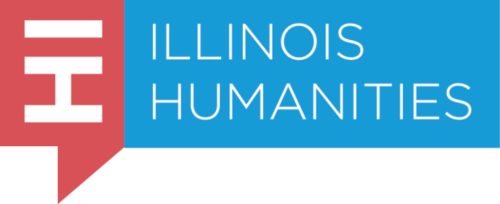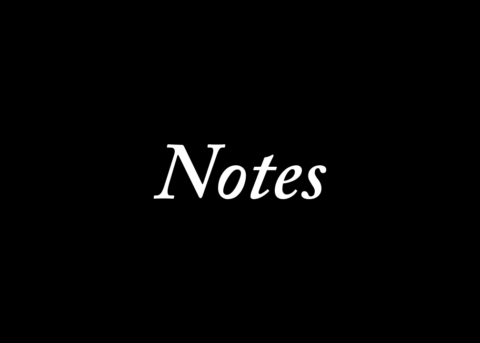Resiliency is a popular buzzword these days. But while it can take many forms, one of the clear takeaways from the current global crisis is that a return to the way things were is not tenable. In this dystopian present, it seems like more and more folks are seriously considering the possibility of radical futures previously unimaginable.
For this special issue, we asked artists and writers to share their visions for the future at this time of urgent, unprecedented social upheaval. Journalistic coverage of both the COVID-19 pandemic and the movement for racial equity, reparations, and police abolition often focuses on the social, economic, and personal costs of change. We invite readers to engage with its regenerative, creative potential. What would a world without police look like? What about a world with universal health care, or guaranteed basic income? How might society re-construct itself to align with values that prioritize human rights, or the safety of our ecosystem? What might bring us joy?
The 2020 election season is behind us and despite the ongoing noise from D.C., we collectively join the world in breathing a sigh of relief, and daring to allow space for cautious optimism. This election had the highest youth turnout rate in American history, and Black women showed up to vote against Trump in record numbers. In Chicago, the 21st Ward cast the most votes in the city for Joe Biden. Still, as the results show, there’s plenty of work to do. Governor J.B. Pritzker’s bid for a “fair” income tax did not pass, despite Cook County voting overwhelmingly for it, after wealthy opponents poured millions into squashing it. Controversial Cook County Judge Michael Toomin—criticized for his overly punitive approach to juvenile justice—remains on the bench. And of course, while Biden and Kamala Harris handily took Chicago, as predicted, an alarming number of voters on the Far Northwest and Southwest sides did vote for Donald Trump. Meanwhile, cases of COVID-19 continue to climb in the city, with an average of 1,686 new cases diagnosed daily.
In this historic moment, we see this issue as a strategy for breaking through COVID fatigue and election chaos—a platform for imagination, idealism, hope, and whimsy in South Side communities disproportionately affected by the pandemic and burdened by Chicago’s entrenched structural racism. We hope it inspires you to take a break and imagine your own brighter tomorrow. If you do, and want to share, email us at editor@southsideweekly.com or share on social media with the hashtag #sswfutures.

This project is funded in part by Illinois Humanities.Illinois Humanities activates the humanities through free public programs, grants, and educational opportunities that foster reflection, spark conversation, build community, and strengthen civic engagement. Illinois Humanities is a nonprofit organization and the state’s affiliate for the National Endowment for the Humanities.



